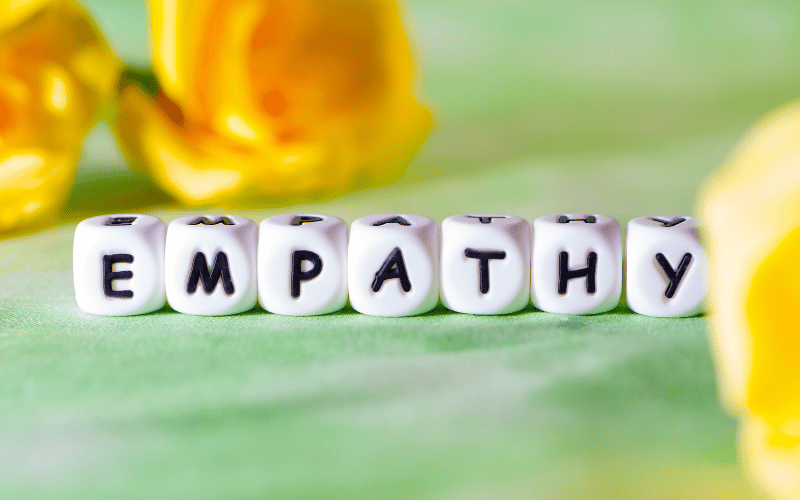Symptom 9: Reduced Empathy for Others

Empathy is often seen as the bridge that connects individuals, allowing them to understand and resonate with each other’s emotions. For those with alexithymia, this bridge appears a bit shaky. It’s not that they don’t care or aren’t considerate; the challenge lies in recognizing and understanding others’ emotions due to their struggles with their own.
Imagine walking in a dense fog, knowing there’s a landscape around but only seeing vague outlines. That’s how emotional landscapes might appear to someone with reduced empathy stemming from alexithymia. They know feelings are there, somewhere, but the details remain elusive, making it hard to connect genuinely.
A common misconception is that individuals with alexithymia are cold or indifferent. This couldn’t be further from the truth. Beneath the surface, many genuinely wish to understand and connect; they just lack the tools to do so. Their struggles with identifying and expressing their emotions often spill over, affecting their ability to recognize and respond to emotions in others.
In personal relationships, this lack of empathy can create strains. Loved ones might feel unheard or misunderstood. This can lead to conflicts, feelings of isolation, and even withdrawal from social interactions. It’s not the intention of the individual with alexithymia to hurt or alienate, but the gap in emotional understanding can inadvertently lead to such outcomes.
The journey to cultivate empathy often starts with understanding oneself. By getting in touch with their emotions, individuals with alexithymia can begin to recognize feelings in others. Therapy, especially group therapy, can be immensely beneficial, as it provides a safe space to explore emotions, both one’s own and those of others. (9)